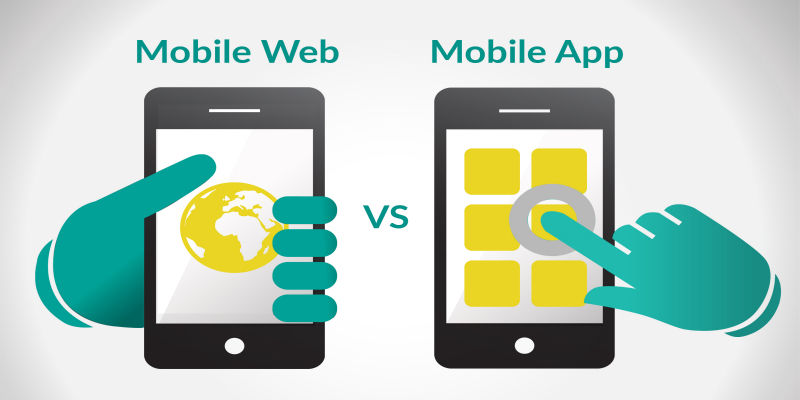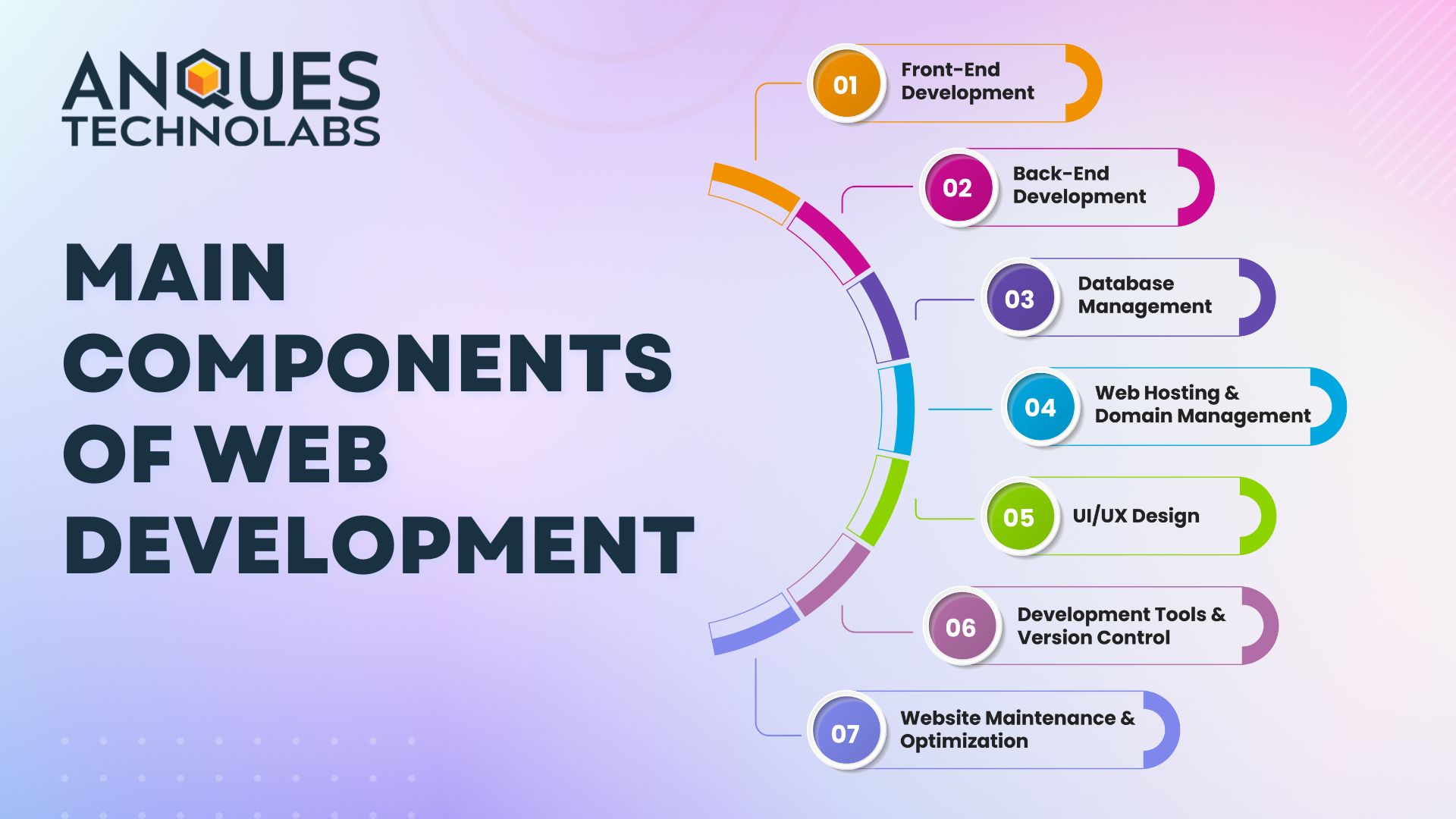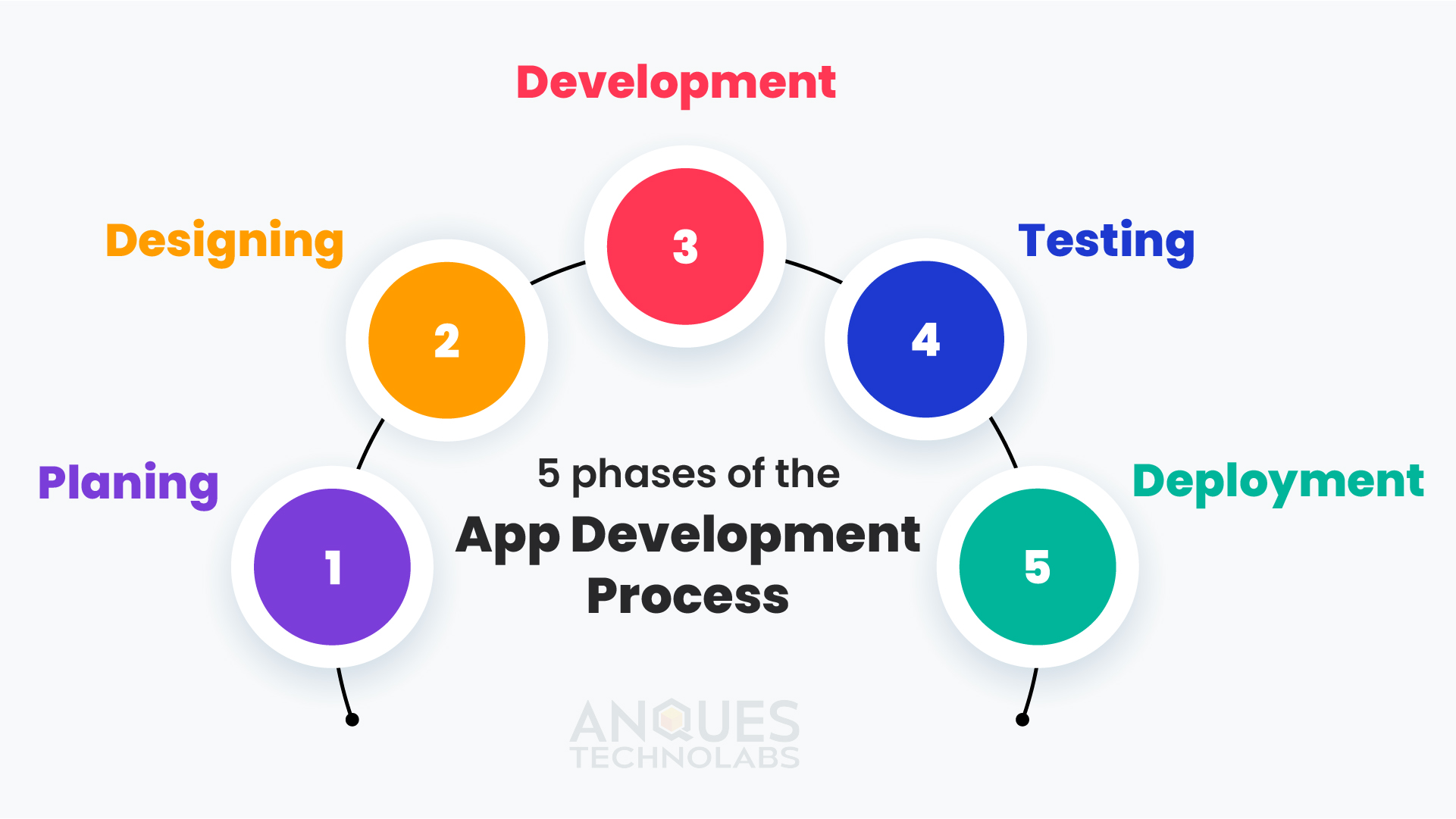Today is the mobile age. Today the number of mobile devices is more than the number of desktop users!
As a result, businesses have realized the need to use mobile channels effectively to attract customers. But, that is not enough. They also need to optimize their mobile apps and websites to improve the user experience and increase their conversion rate so that they can get the most out of this channel.
While some businesses employ both a mobile website and apps, other companies may have to choose between them. The choice between mobile apps and websites depends on their price, usability, essential features and the audience they serve.
That being said, studies show that users prefer mobile apps over mobile websites. This makes for a strong reason for creating mobile apps to reach potential (and existing) customers.
In addition, there are many other reasons that make mobile apps better than mobile websites.
The following is a list of the top 10:
# 1 Mobile apps offer better personalization
Personalization is about providing relevant conversations based on users’ interests, location, usage behavior, and more.
With mobile apps, it’s easy to treat users with personal experience. Using the mobile application A / B testing tool, you can test different experiences for your customers.
Depending on how the mobile app can provide users with customized content, users can set their preferences as early as possible. Apps can also track and monitor customer engagement and use it to provide custom recommendations and updates to users. Moreover, they can also identify the location of real-time users, to provide geo-specific content.
However, improving the user experience is not the same as personalizing it. It can also help improve the conversion rate of apps.
When users are pampered with personal content, they are more likely to convert because it provides human contact as opposed to normal content that comes robotically or spontaneously.
# 2 Ease of sending notifications
For the past few decades, email has been a widely used business communication tool. Businesses have made extensive use of email to reach their users (some almost misuse it). As a result, email loses its effectiveness; Its open rates and click rates have been steadily declining .
Well, no worries.
Enter mobile app notifications.
These notifications are of two types: push and in-app notifications. Both are exciting options for communicating with app users in a much less intrusive way.
The ability to send instant, non-intrusive notifications to users is so desirable that one of the main reasons why many businesses want to put a mobile app in the first place.
Notifications in the app are notifications that users can only receive when they open the app. Push notifications on the other hand are notifications that users can receive regardless of their activity on their mobile device.
There are instances where push-through notifications have delivered click-through 40% rates. If you choose to stick with a mobile website or run while creating an app, you can send your push notifications with VWO Engage.
Sign up for a free trial and see how easy it is to send notifications to both desktop and mobile users.
# 3 Using mobile device features
The mobile application has the advantage of using mobile device features like device marrow, contact list, GPS, phone calls, accelerometer, compass etc.
Such device features used in the application can make the user experience interactive and fun.
Moreover, these features may also reduce the effort users make to do otherwise. For example, users filling out a form on a banking application may need to submit a photograph to complete the process. The app allows users to use their mobile device’s camera to capture and submit photographs.
Devices features can significantly shorten the time it takes to perform a specific task in an application, and can even promote conversions.
Note: While mobile websites may also use some of the features of the mobile device such as camera, GPS, etc., there are technical barriers and privacy concerns in accessing the device’s multimedia features (which can use the mobile application).
# 4 Ability to work offline
That’s probably the most basic difference between a mobile website and an app.
Although applications may also require Internet connectivity to perform most of their functions, it can still provide users with basic content and functionality in content offline mode.
Note: Even though mobile websites can use caching to load web pages without an internet connection, they can only offer limited functions.
# 5 New branding experience
Since a mobile app is distinct from a company’s website, it has the liberty of offering a new brand experience to users. This means that the company can experiment with new branding styles for the app, which can be different from the regular brand style of the company’s website (or the company altogether).
Additionally, a mobile app can also allow users to customize its appearance, as per users ’liking. This can further help on the personalization front of the app.
Note: The concept of microsites works on similar lines. Microsites offer a distinct brand experience to users, as compared to their parent sites. They are often used to promote a sub-brand, an event, or a newly-launched service.
# 6 Users spend more time on Apps
Mobile users spend 86% of their time on mobile apps and just 14% of the time on mobile websites.
Moreover, a study by eMarketer concluded that users spend more than 90% of their mobile time on apps as opposed to mobile web.
Note: A point to consider here is that users spend a majority of their time on gaming apps and social media apps.
Note: We also don’t have data telling us which mobile websites users visit more often (out of the 14% of their time mentioned above). Hence, it’s not possible to make a comparison.
# 7 Apps can work faster than websites
Apps can further save users ‘time by storing their preferences, and using them to take proactive actions on users’ behalf.
There is also a technical justification as to why mobile apps can work faster — Mobile websites use javascript code to perform most of their functions and the framework that mobile apps use can run almost five times faster than a javascript code! While all this happens in the background, users get to complete actions quicker on the front-end of mobile apps, again contributing to a delightful user experience.
Mobile Application v / s Mobile Site What should you choose?
Developing both a mobile website and a mobile app for your business can prove to be an expensive affair and you have to choose between two channels based on your budget and business goals. While both channels have their own pros and cons, in particular, mobile apps can help you get higher conversions and retention. Mobile applications offer more personalization and operational functionality, along with many other special features.
However, once you design a smart mobile app, you can be sure that it also delivers on all its promises and the desired growth for your business, against which you have another channel to manage and maintain. Well, the answer is simple – you test it hard.
Mobile app A / B testing lets you continually enhance the experience in your app by experimenting with features, app flow, and other UI-based changes to improve your engagement, conversion, and retention rate. So, while creating and running a mobile app is definitely the first step toward engaging with a new audience segment, constantly optimizing it will help you make tangible improvements to your key business metrics. VWO Mobile App Testing is a robust mobile experiments platform that enables you to have exciting experiences that delight users while minimizing risks as well as launching world class features. If you’re not sure how, you can request a free demo by VWO Experiment Experts on how you can take advantage of VWO mobile app testing to improve your app’s key metrics.
Questions on apps vs websites
What are the benefits of using a mobile app?
Mobile apps have the ability to work offline. Although applications may also require Internet connectivity to perform tasks, they can still provide users with basic content and functionality in offline flight mode.
Why are apps faster than websites?
Applications store their data locally on mobile data, unlike websites that typically use web servers. For this reason, data retrieval in a mobile application is faster.
(Disclaimer): This post is not for installing mobile apps as a better alternative to mobile websites.
The post only lists areas where apps can provide more value to businesses than mobile websites.)














